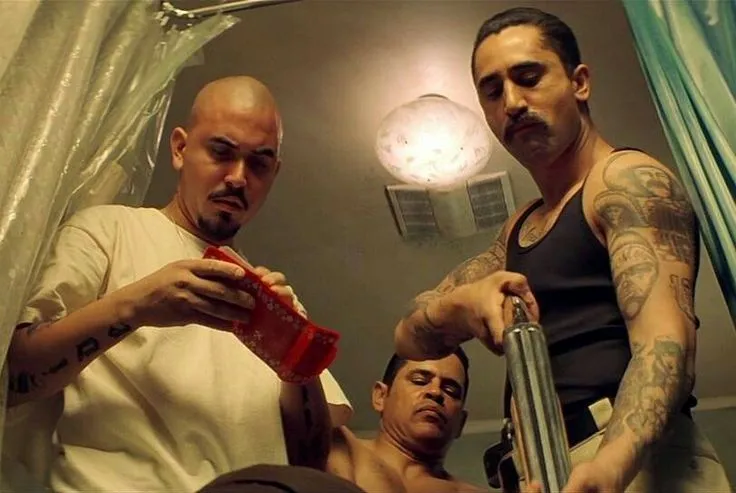Mexican actors have been making waves in the entertainment industry, captivating audiences with their talent, charm, and dedication. But have you ever wondered what goes into making these talented individuals? In this article, we’ll delve into the world of Mexican actors and explore their training day, highlighting their journey, techniques, and experiences.
The Early Days
For many Mexican actors, their journey begins at a young age. Growing up in a culture rich in art, music, and drama, they’re often encouraged to explore their creative side. Some may start with traditional Mexican dance, music, or theater, while others may be introduced to acting through school plays or local productions.
Formal Training
As they grow older, many aspiring actors seek formal training to hone their craft. Mexico is home to several prestigious acting schools, such as the Centro de Arte Dramático (CAD) in Mexico City, which offers comprehensive programs in acting, directing, and playwriting. These institutions provide a solid foundation in technique, theory, and performance, helping students develop their skills and confidence.
The Training Day
So, what does a typical training day look like for Mexican actors? Here’s a glimpse into their routine:
-
Morning Warm-Ups: Actors begin their day with physical and vocal warm-ups to loosen up their muscles and get their voices ready for the demands of acting.
-
Scene Study: They delve into script analysis, breaking down scenes, and exploring their characters’ motivations, backstory, and emotions.
-
Rehearsals: Actors practice their scenes, working on dialogue delivery, movement, and interaction with fellow actors.
-
Improvisation: They engage in improvisational exercises to enhance their creativity, spontaneity, and ability to think on their feet.
-
Physical Theater: Many Mexican actors incorporate physical theater techniques, such as mime, acrobatics, or dance, to add depth and versatility to their performances.
-
Language Training: As many Mexican actors work in both Spanish and English, they may dedicate time to language classes or dialect coaching to improve their pronunciation and fluency.
-
Audition Preparation: Actors work on preparing auditions, practicing their lines, and perfecting their performances to increase their chances of landing roles.
Techniques and Influences
Mexican actors often draw inspiration from their rich cultural heritage, incorporating traditional techniques and influences into their work. Some notable techniques include:
-
Sense Memory: Actors use sense memory exercises to connect with their characters’ emotions and experiences, creating a more authentic performance.
-
Physicality: Many Mexican actors emphasize physicality in their performances, using their bodies to convey emotion and tell stories.
-
Improvisation: Improvisation is a key aspect of Mexican theater, allowing actors to think creatively and respond truthfully in the moment.
Experiences and Challenges
Mexican actors face unique challenges in their journey, from navigating the competitive industry to balancing their cultural identity with international demands. Some common experiences include:
-
Cultural Identity: Actors may struggle to maintain their cultural identity in a predominantly American or European industry.
-
Typecasting: Mexican actors may face typecasting, being relegated to stereotypical roles or limited to specific genres.
-
Language Barriers: Language can be a significant obstacle, particularly when working in English or other languages.
Conclusion
Mexican actors bring a unique blend of passion, creativity, and dedication to their craft. Through their rigorous training day, they hone their skills, explore their creativity, and prepare themselves for the demands of the entertainment industry. As we celebrate the success of Mexican actors, we must also acknowledge the challenges they face and the importance of representation, diversity, and inclusion in the industry. By embracing their cultural heritage and individuality, Mexican actors continue to captivate audiences worldwide, leaving an indelible mark on the world of entertainment.




